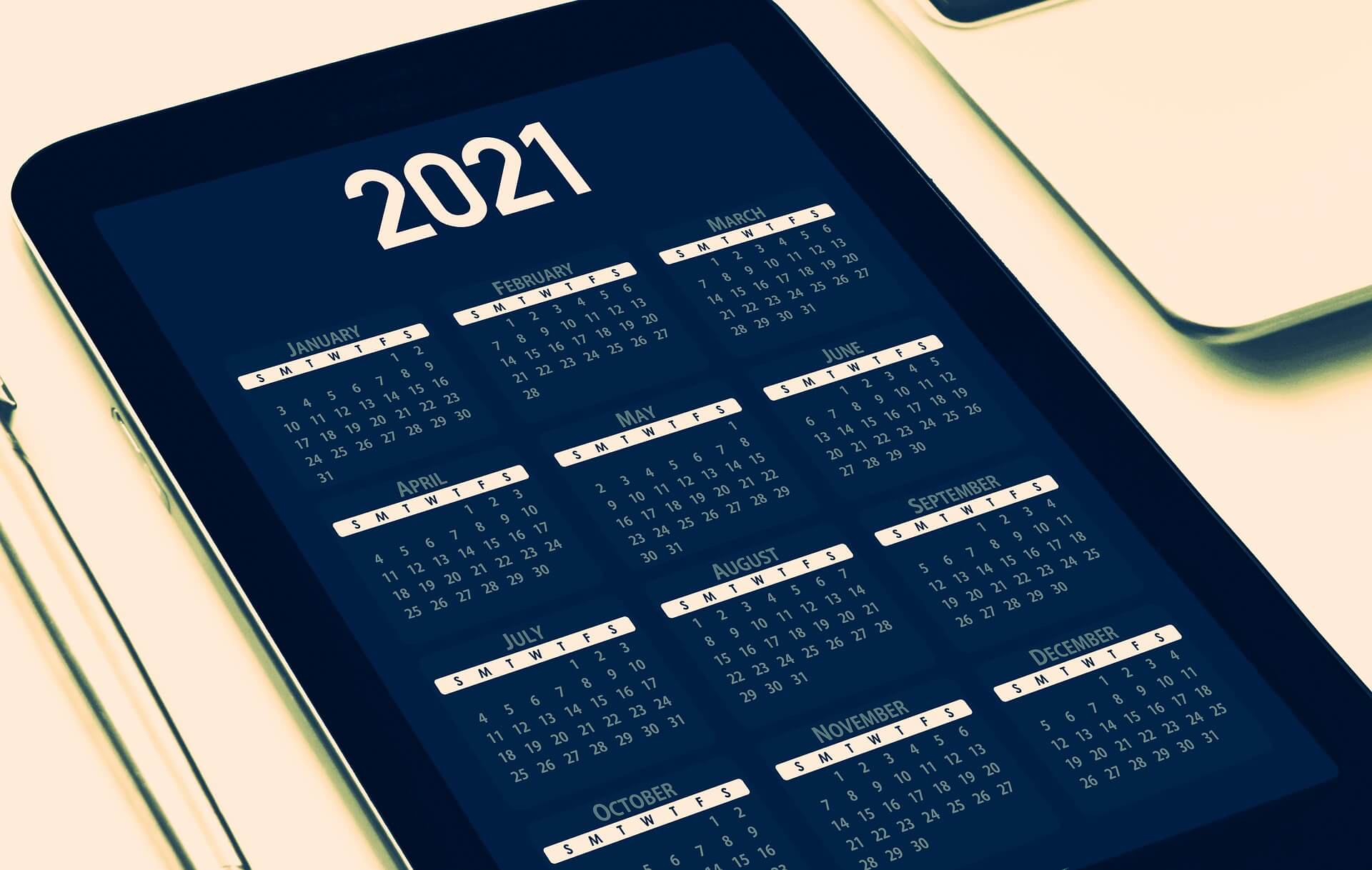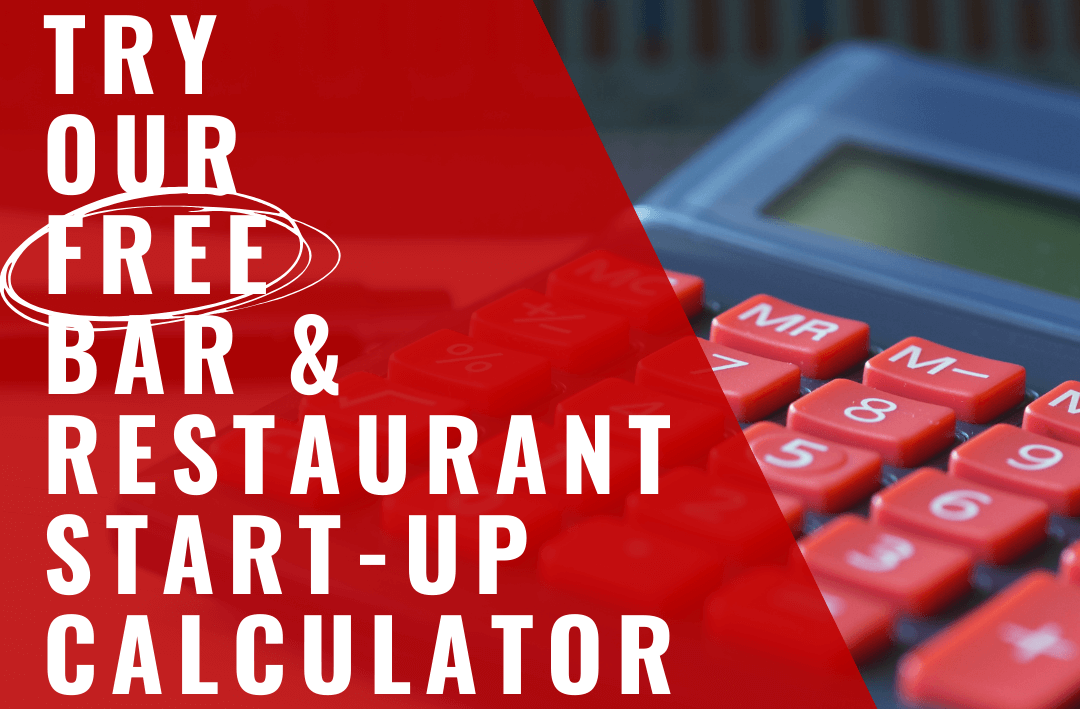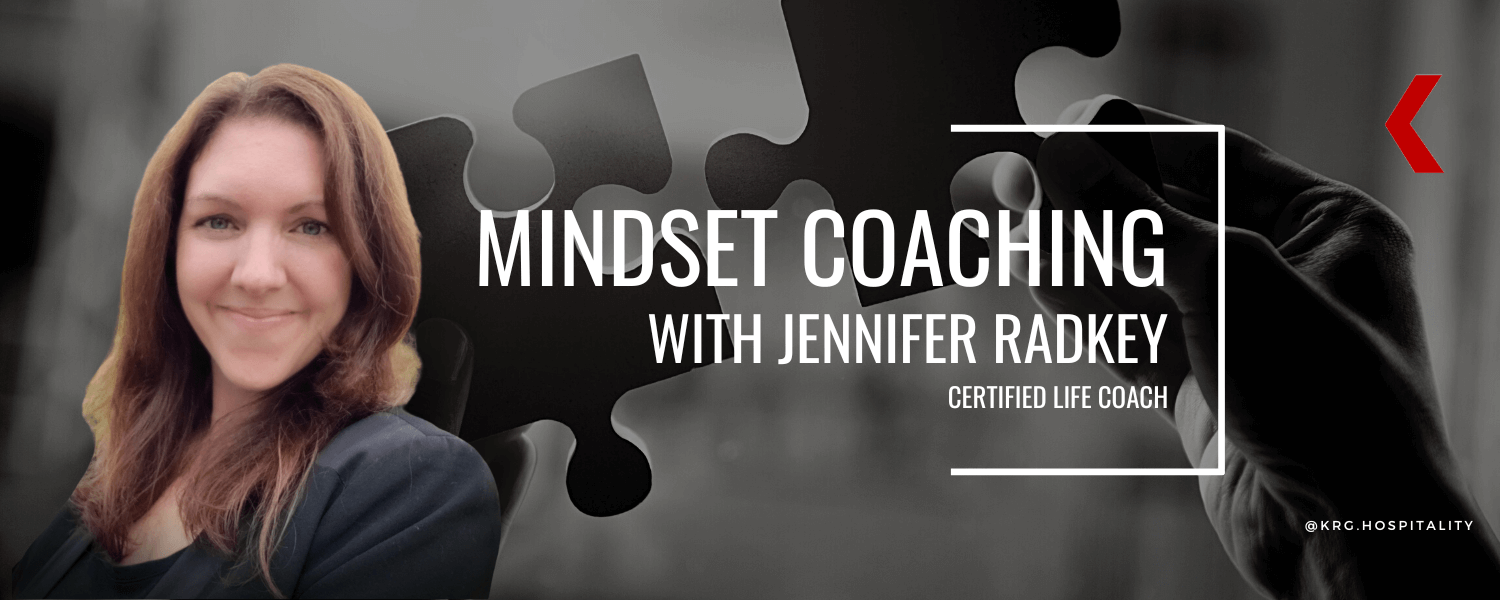The Crucial Role Systems Play
by David Klemt

Having efficient systems in place does more than just streamline day-to-day restaurant, bar, and hotel operations and increase productivity.
Of course, that’s an excellent reason for operators to ensure they implement multiple systems. Front-of-house, back-of-house, and leadership team members need systems to perform at their best.
Six Sigma, kaizen, the technology stack, checklists, manuals, marketing strategies, the guest journey… Each of those systems and more are key to the long-term success of restaurant, bar, and hotel operations.
In fact, these systems should be developed and ready for implementation before the doors ever open for the first time.
Further, effective systems communicate the expectations for roles and tasks. Onboarding and training systems improve recruitment and retention. Also, they provide the transparency that today’s professionals expect from their employers. On top of that, systems help develop consistency, which keeps guests coming back.
A strong leadership team is effective at implementing and following systems. Overall, a strong team is one that understands, embraces, and adheres to a systematic approach to operations to achieve shared goals.
Simply put, the only way achieve success is to be strategic. One can’t be strategic without the implementation of systems.
But there’s another crucial role that systems play in restaurants, bars, and hotels.
Get Out
This topic is the byproduct of a recent KRG Hospitality client call. While explaining our approach to projects, our team touched on the importance of systems.
However, the topic wasn’t brought up simply to detail what systems the client would need to have in place.
A crucial role systems play in a successful operation is getting an owner away from their four walls. More importantly, allowing them to confidently and comfortably leave their business.
If an owner—be they a sole proprietor or business partner—can’t step away from their restaurant, bar, or hotel without worrying, something is wrong. Either the systems in place are ineffective, they don’t address every element of the business, they aren’t being adhered to, or they don’t exist.
Effective systems allow an owner to take time away from their business without micromanaging staff. Systems should also be in place so the owner or owners don’t feel anxious when they’re not working on the business.
Breathe
Stepping away to pursue a hobby, engage in self care, spend time with family and friends, or just because one wants to take a “lazy day” is necessary.
The strategic implementation of systems makes it possible for someone to take time away from their business. They can take that vacation, pursue that goal that doesn’t relate to their business directly, recharge, etc.
Of course, having systems in place also mean an owner and members of their team can travel. They can comfortably attend industry shows, make a guest appearance at a peer’s bar, or host a pop-up without worrying about the business. Having systems in place also makes it possible to travel to discover new F&B items, learn new techniques, and forge relationships with industry peers.
In other words, systems help owners and operators do something they likely haven’t done in months, if not years: breathe.
Image: Fabian Møller on Unsplash





